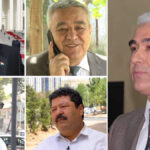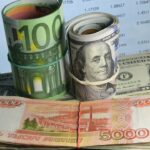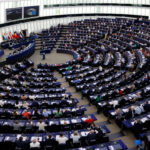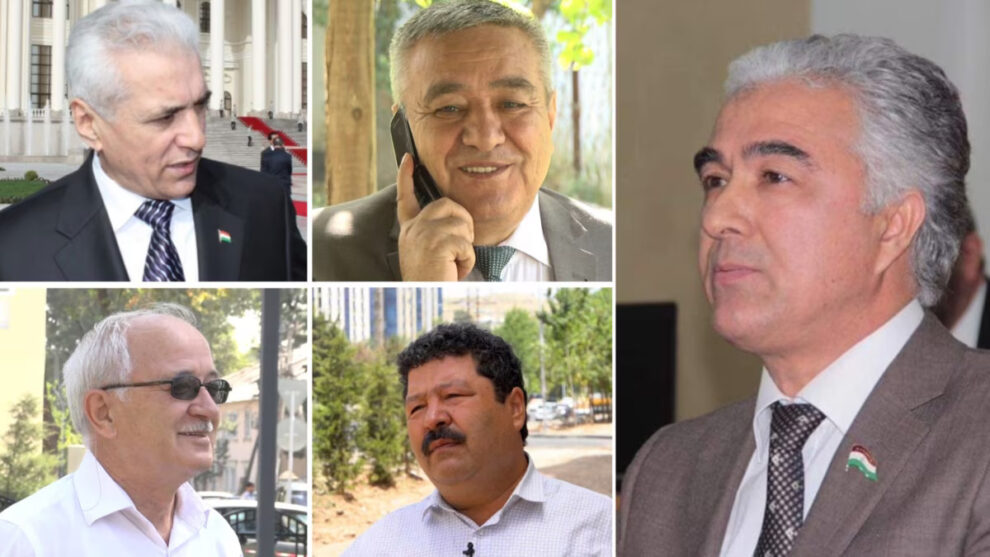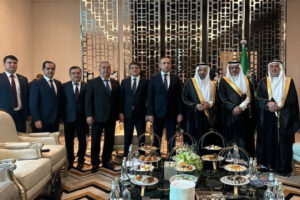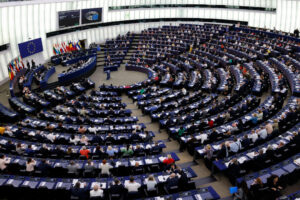In an unprecedented court case that has stunned many Tajiks, eight public figures are being tried in secret in Dushanbe for allegedly seeking to overthrow authoritarian President Emomali Rahmon, who has been in power for 32 years.
Among the defendants are a former foreign minister, a prominent lawmaker, and two security service colonels who — according to prosecutors — joined forces with banned opposition parties to organize armed groups to seize political power in Tajikistan.
Prosecutor-General Yusuf Rahmon (no relation to President Rahmon) has claimed the plot involved seeking $10 million from a “foreign government” while the banned Muslim extremist group Jamoati Ansorulloh was enlisted to provide some 3,000 militants for the takeover, an accusation that puzzled many because the defendants are known to be staunchly secular.
The closed-door trial began on November 14 in a Dushanbe detention center, with no announcement by court or government officials. Family members of the defendants, the media, and members of the public are not allowed to attend the proceedings.
The exact charges against the defendants are unknown, while the relatives and defense lawyers don’t speak to the media. But according to RFE/RL sources close to the matter, the charges include an attempt to seize power by force, treason, inciting hatred, and forgery.

Some of the defendants have pleaded not guilty, the sources says, while pleas by most of the others are unknown due to the secrecy surrounding the cases.
The events began with a shocking statement by the prosecutor-general, who asked parliament on June 14 to revoke the legislative immunity of lawmaker Saidjafar Usmonzoda, who had been arrested two days earlier.
Tajikistan’s top prosecutor claimed that Usmonzoda, the former chairman of the Democratic Party, had been in contact with the banned National Alliance of Tajikistan — a Europe-based grouping that brings together several Tajik opposition movements — to discuss a plan to “seize political power by force.”
According to Yusuf Rahmon, during a phone call with Usmonzoda in September 2021, the then-deputy head of the National Alliance, Sharofiddin Gadoev, had allegedly pledged that the banned opposition Islamic Renaissance Party would provide financial assistance and organize the entrance of the Jamoati Ansorulloh militants from Afghanistan into Tajikistan to help carry out the plot. Gadoev has denied the claim.
The plot involved militants seizing military and police headquarters to capture weapons in various parts of the country to destabilize the situation and ultimately overthrow the government “in a short period of time,” the top prosecutor told parliament.
The prosecutor-general also claimed that Usmonzoda had admitted to having committed all of the allegations against him, including requesting $10 million from a “representative” of an unnamed foreign country “to persuade influential figures and organize demonstrations.”
Situation Ripe For Change
Within days, prominent public figures — former Foreign Minister Hamrohkhon Zarifi, former parliament speaker Akbarshoh Iskandarov, deputy head of the Democratic Party Ahmadshoh Komilzoda, and the deputy leader of the Social Democratic Party, Shokirjon Hakimov, had been detained in Dushanbe.
Authorities also detained three other lesser-known officials — former Foreign Ministry department head Abdulfaiz Atoi, and two retired colonels from the State Committee for National Security, Nuramin Ganizoda and Jamshed Boev.
Prosecutors told reporters in August that all of the cases being probed were “closely related,” but did not provide further details.
Since then, there has been no word from the authorities, court officials, or defense lawyers about the cases. State-controlled media has largely ignored the process.

In a country where free speech and criticism of the government are not tolerated, most Tajiks are reluctant to speak to the media, fearing retaliation.
On condition of anonymity, a university professor in Dushanbe said that while “we don’t know if the defendants are guilty as charged, some sort of attempt to change the regime is inevitably going to happen in Tajikistan sooner or later.”
The lecturer said many Tajiks are unhappy with the situation in Tajikistan amid widespread speculation that President Rahmon is grooming his 36-year-old son, Rustam, to be his successor.
“The Tajik people at all levels are unhappy with how the president and his close circle control everything, treating the country as their own private property, giving no opportunities to anyone else,” the professor said. “People don’t want another 30 years with this family.”
In the absence of democracy and free and fair elections, some people “may consider or resort to other ways to get rid of the authoritarian regime,” the professor said.
“But these criminal cases could also reflect the government’s lack of confidence and paranoia ahead of any plan to transfer power from the father to the son,” the lecturer added.
Some Tajik analysts believe the charges against the eight men are baseless, as it is unlikely that the defendants — most of whom are in their 60s and 70s — would risk challenging a government known for its brutal reprisals against opponents.
“These defendants were not able to challenge the regime during the height of their careers when they had power, influence, and political clout, and it’s almost improbable that they would try it now,” said Aziz Nurulloev, a U.S.-based Tajik political-affairs analyst.
But Nurulloev points out that the situation is “ripe” in Tajikistan — an impoverished nation of some 10 million, millions of whom have to go abroad to find work — for people to demand political change.


